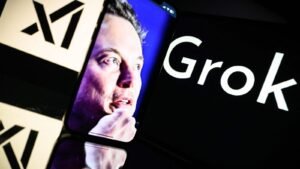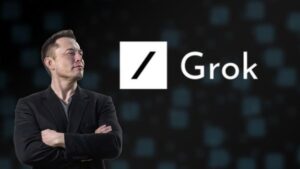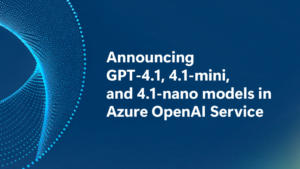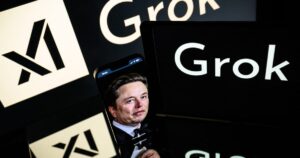Microsoft Expands Its Horizons by Hosting Elon Musk’s Grok on Azure

Microsoft and Grok AI Integration: A New Chapter in AI Collaboration
Microsoft’s Move to Integrate Grok AI
Recent reports indicate that Microsoft plans to incorporate Elon Musk’s Grok AI model into its Azure cloud service. This integration can offer developers and product teams access to Grok through Azure AI Foundry, Microsoft’s platform designed for hosting and managing AI applications. The collaboration is being developed through discussions with Musk’s startup, xAI.
Background of Musk and OpenAI
This strategic move also reflects the evolving landscape of AI partnerships. Tensions between Musk and OpenAI, the organization he co-founded in 2015, have been escalating. Musk departed from OpenAI in 2018 and has since publicly criticized the organization’s direction. In 2023, he even filed a lawsuit against OpenAI, arguing that it strayed from its original mission to create AI for humanity’s benefit. OpenAI responded by counter-suing Musk just last month.
What Does Grok AI Offer?
Grok AI is designed to provide advanced capabilities for various applications. By hosting Grok on Azure AI Foundry, developers gain the opportunity to leverage this AI model for their own projects. However, it is important to note that while Microsoft will supply the infrastructure necessary for hosting Grok, it will not provide the computational resources required to train future versions of the model.
According to reports, details about the exclusivity of this deal remain unclear. There is speculation that Grok could potentially become available on other platforms, such as Amazon Web Services, in the future.
Broader AI Strategy for Microsoft
The integration of Grok into Microsoft’s offerings is part of a larger initiative to diversify its AI portfolio, moving beyond partnerships with OpenAI. Microsoft has also explored models from other companies like Meta and China’s DeepSeek for its Copilot products. This diversification indicates Microsoft’s commitment to staying competitive in the rapidly evolving AI landscape.
Internal Friction: Microsoft and OpenAI
As Microsoft forges ahead with new AI partnerships, it appears that internal relations between Microsoft and OpenAI are becoming more strained. Reports suggest that Microsoft CEO Satya Nadella and OpenAI CEO Sam Altman may be experiencing growing differences in their business alignment. Factors contributing to this friction may include disputes over resource allocation and model access.
The Wall Street Journal highlighted these issues, mentioning that Nadella’s recent hiring of Mustafa Suleyman appears to be a strategic move aimed at mitigating potential instability in the partnership with OpenAI. Although tensions exist, Altman recently shared a light-hearted image of himself showing Nadella around OpenAI’s new office, indicating that some public alignment between the two leaders still exists.
The Future of AI Collaborations
With Microsoft’s acknowledgment of notable external partnerships and ongoing tensions with OpenAI, the future of AI collaborations remains uncertain. The integration of Grok AI presents both opportunities and challenges as Microsoft navigates its role in the AI ecosystem. By exploring diverse models and partnerships, Microsoft aims to better position itself in this competitive field while balancing its existing commitments and alliances.
As developments continue in AI technology, the interplay between established companies and emerging players like Musk’s xAI will shape the future landscape, potentially transforming how AI applications are built and deployed across various sectors.






